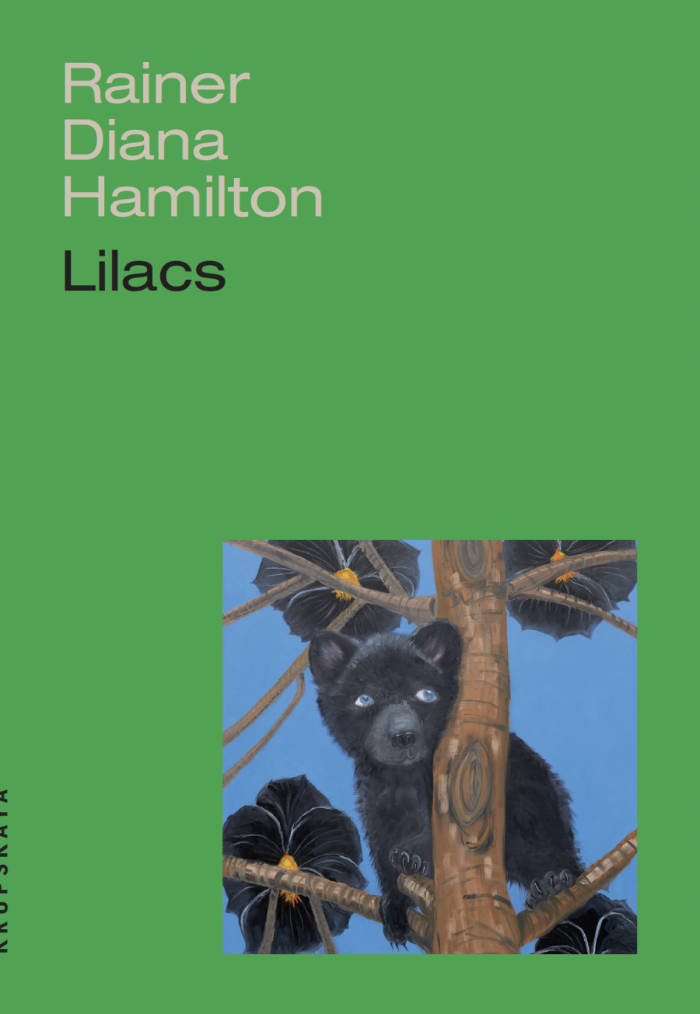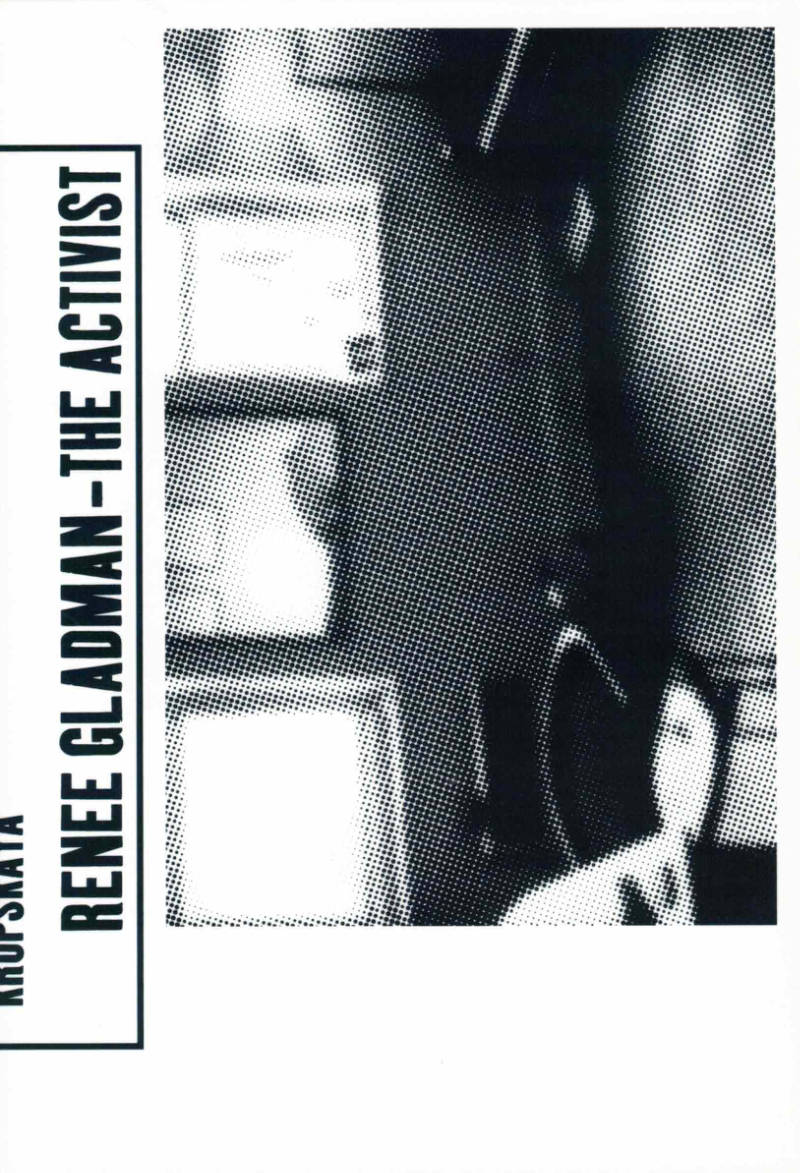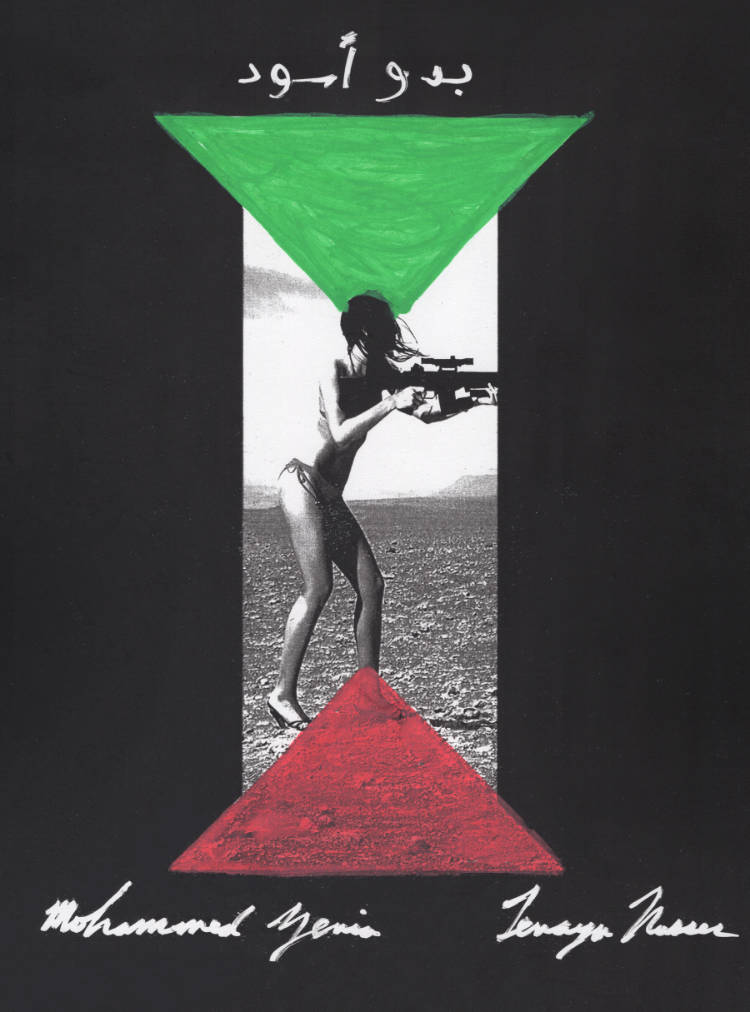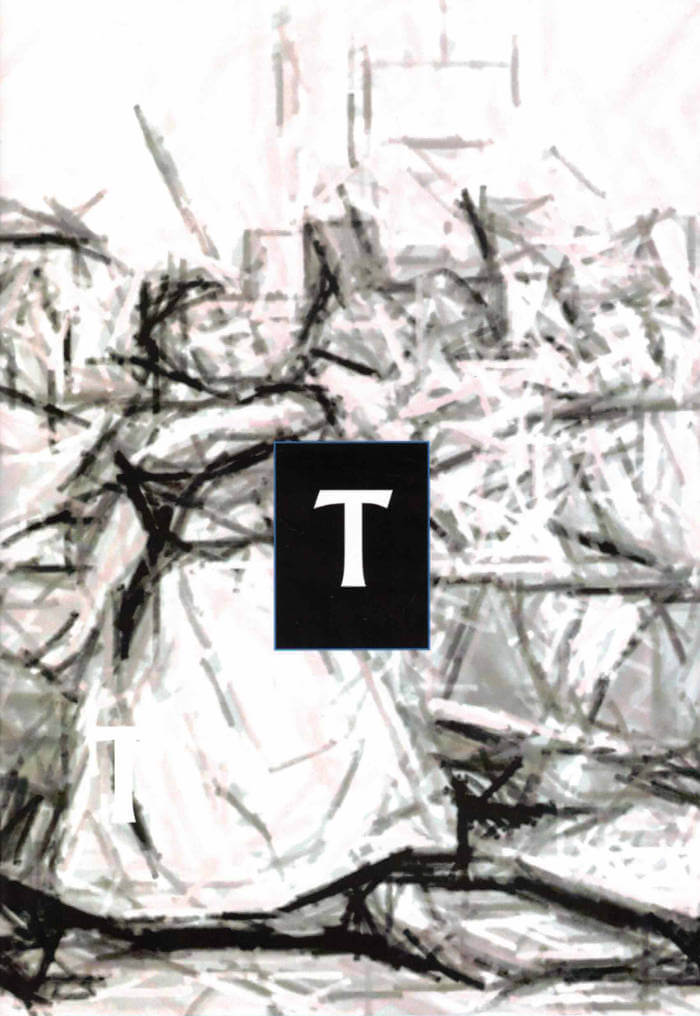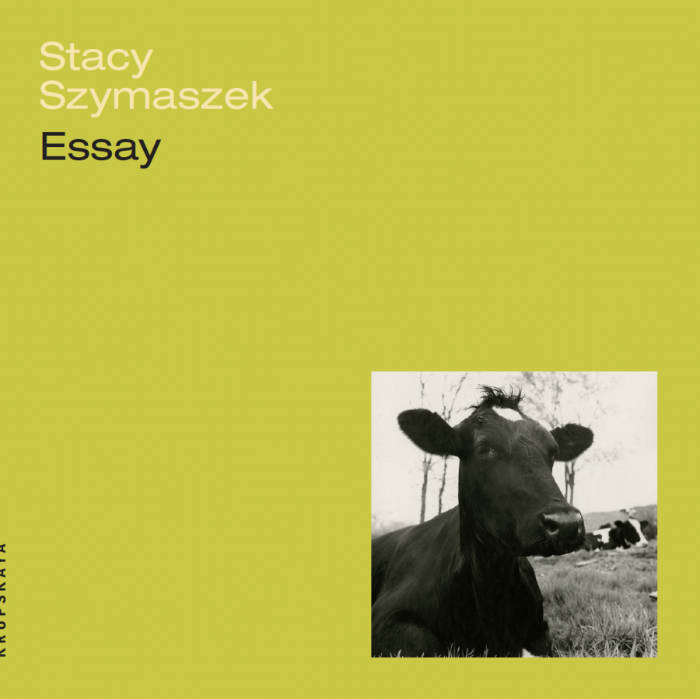
Essay
Cow time meets clerical time meets poet time in Stacy Szymaszek’s gently thrilling Essay. These luminous poem-essays flow with the churning propulsion of dailiness: a roving record of the poet’s ruminations alongside the many cows and calves she befriends. Seeking to honor life beyond usefulness, Szymaszek has given us a large-hearted, gorgeous, and wholly riveting meditation on aging queer life and interspecies friendship on the farm and under capitalism. In Essay, the poet notices, marvels, aches, searches, and wants more for all of us. — Megan Milks
Stacy Szymaszek has long been a poet attentive to work, and this attention is of course animated by place – whether the urban quotidian and attendant human dramas of previous books, or her present workplace on a dairy farm in upstate New York. In Essay’s conversational, immediate, vulnerable, affecting and affected poems, Szymaszek turns to cows and to the cow-like exhaustion of humans who labor in service of capital’s voracity. Essay is bent to the workday but not beaten down by it. We are offered a visionary form, boldly attendant to the present, to prolong survival without denying death.“The heart of the matter is to be able to keep / loving in the face of cow-sorrow unspeakable brevity / unpredictability and contradictions.” In Essay, Szymaszek has built a bed of hay where we can break from our labors and daydream about the “livelihood where we can all work / a single day and have enough for the year and the work / of the cows can be ended.” — Alli Warren

